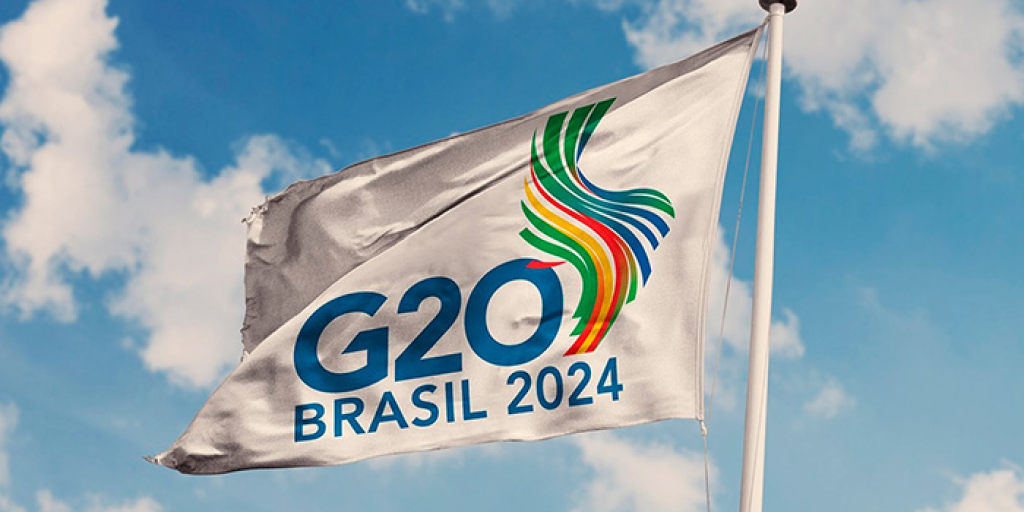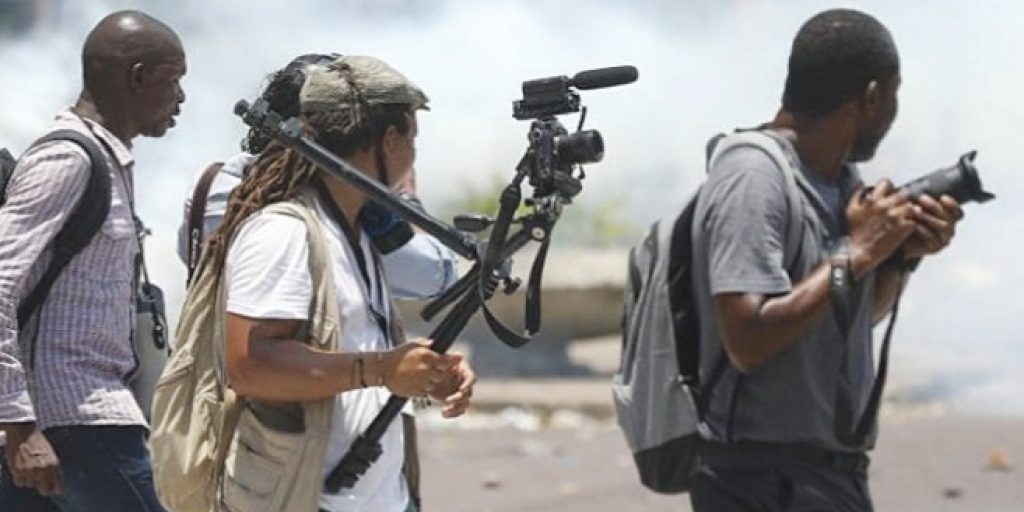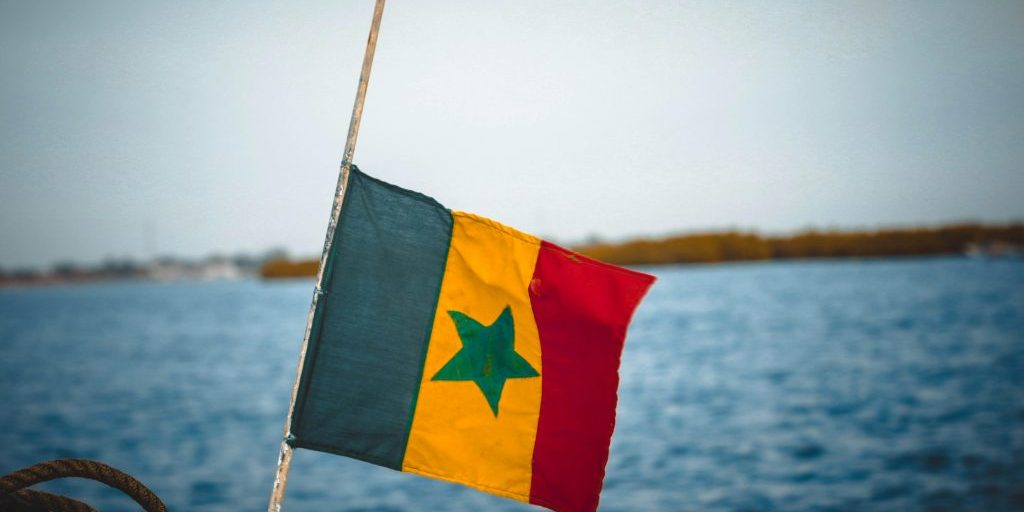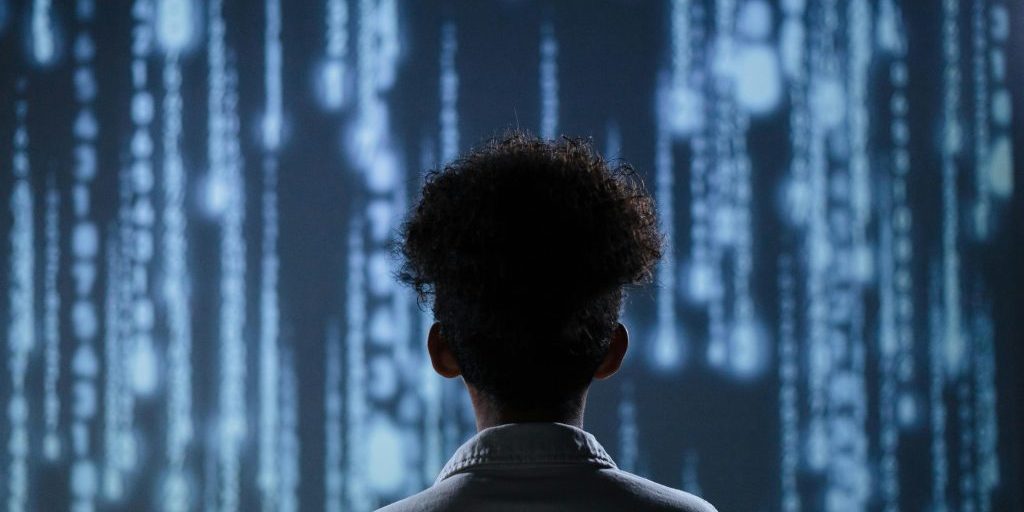UNESCO welcomes G20 Digital Economy Working Group’s focus on information, integrity and trust
This has been a very fruitful collaboration between the G20 and UNESCO which reflects a global commitment to information integrity and the promotion of an inclusive and human rights-based digital environment – a concrete follow-up of our Internet for Trust initiative.
UNESCO places particular emphasis on the chapter addressing online information integrity and trust within the digital economy.
The ministerial declaration underscores the importance of transparency and accountability, aligning fully with UNESCO’s Guidelines for the Governance of Digital Platforms: Safeguarding Freedom of Expression and Access to Information Through a Multi-Stakeholder Approach.
It also stresses the critical need for promoting information integrity, which ensures the availability of reliable, diverse and accurate information in a timely manner.
Without such integrity, trust in the digital economy, public institutions, governance and democratic processes may erode, resulting in weakened social cohesion, economic decline and undermined human rights protections.
UNESCO is very grateful to the Brazilian presidency for entrusting us as its Knowledge Partner. We will carry this message forward, continue working for Internet for Trust and for Information Integrity on Climate Change, and we also look forward to working closely with the South African presidency in 2025, when Africa will host the G20 for the first time.
Strengthening Information Integrity to Combat Climate Change
The G20 ministers emphasise that safeguarding information integrity is crucial for maintaining trust in the information ecosystem as well as in scientific and historical knowledge.
This is especially important in reducing polarisation, which disproportionately affects vulnerable populations. Promoting information integrity can also help mitigate political, social and economic instability, as well as curb radicalisation and violent extremism, while facilitating responses to environmental challenges
This aligns closely with UNESCO’s recently published Global Roadmap for information as a public good in the face of the environmental crisis, part of the Organization’s strategy from World Press Freedom Day 2024 through COP30 in Brazil in 2025.
Recognising the importance of this issue, Brazil’s G20 Presidency has acknowledged UNESCO ‘s contribution to shaping the global discourse on information integrity and environmental action.
UNESCO played a key role throughout the process, contributing two pivotal reports – ‘Possible Approaches to Promoting Information Integrity and Trust in the Digital Environment’ and ‘Mapping the Information Integrity Debate to Inform the Agenda of the Working Group’.
UNESCO’s Guidelines and other instruments and networks from Internet for Trust were an important part of the Organization’s contribution.
The ministerial declaration underscores addresses the importance of access to and analysis of information as critical components of building societal resilience against disinformation and misinformation.
It encourages investments in online safety education and digital media and information literacy to raise awareness and assist users in identifying and mitigating risks of online harms, which disproportionally affect women and girls.
In the declaration, G20 members also refer to the interactions with countries, international organisations, civil society and the private sector to promote information integrity and combat disinformation, hate speech and threats to public institutions online.
As part of these efforts, the G20 highlight the announcement of Brazil’s presidency of the Global Initiative for Information Integrity on Climate Change which will be developed in partnership with the United Nations, UNESCO and interested countries.
This initiative aims to foster reliable information ecosystems to address the pressing challenges posed by climate change.
- The work of the Network of Independent Media Councils in Africa (NIMCA), of which the Press Council of South Africa is a founding member and a member of its inaugural task team, is impacted by UNESCO’s Guidelines




